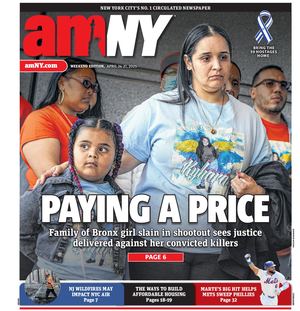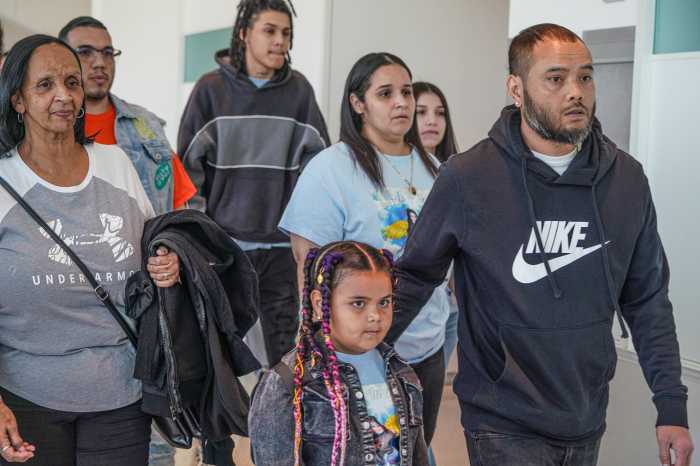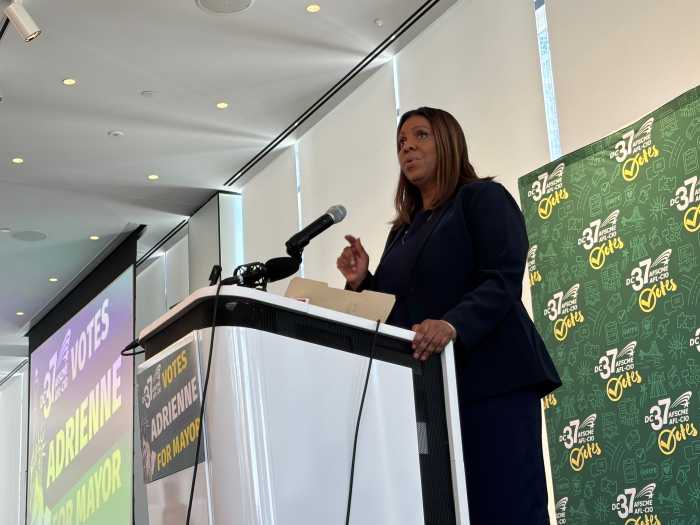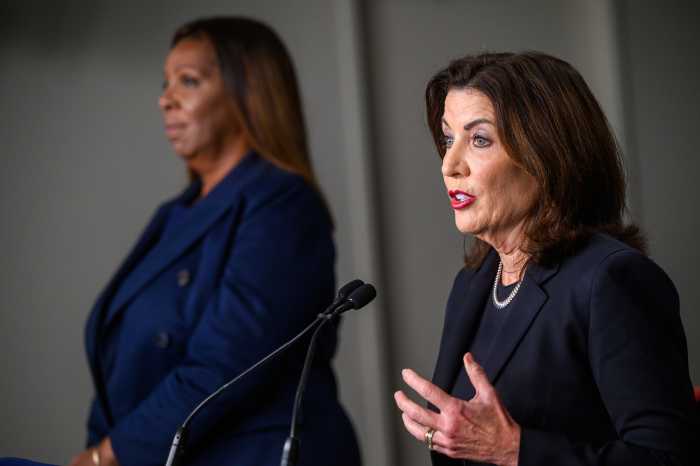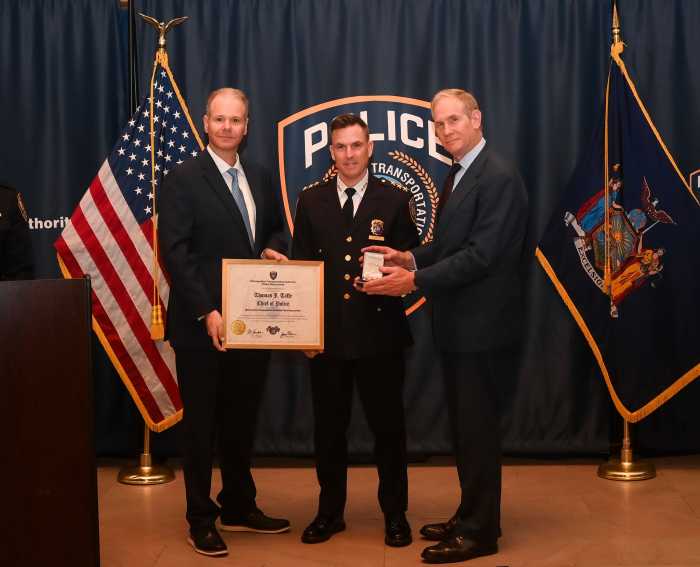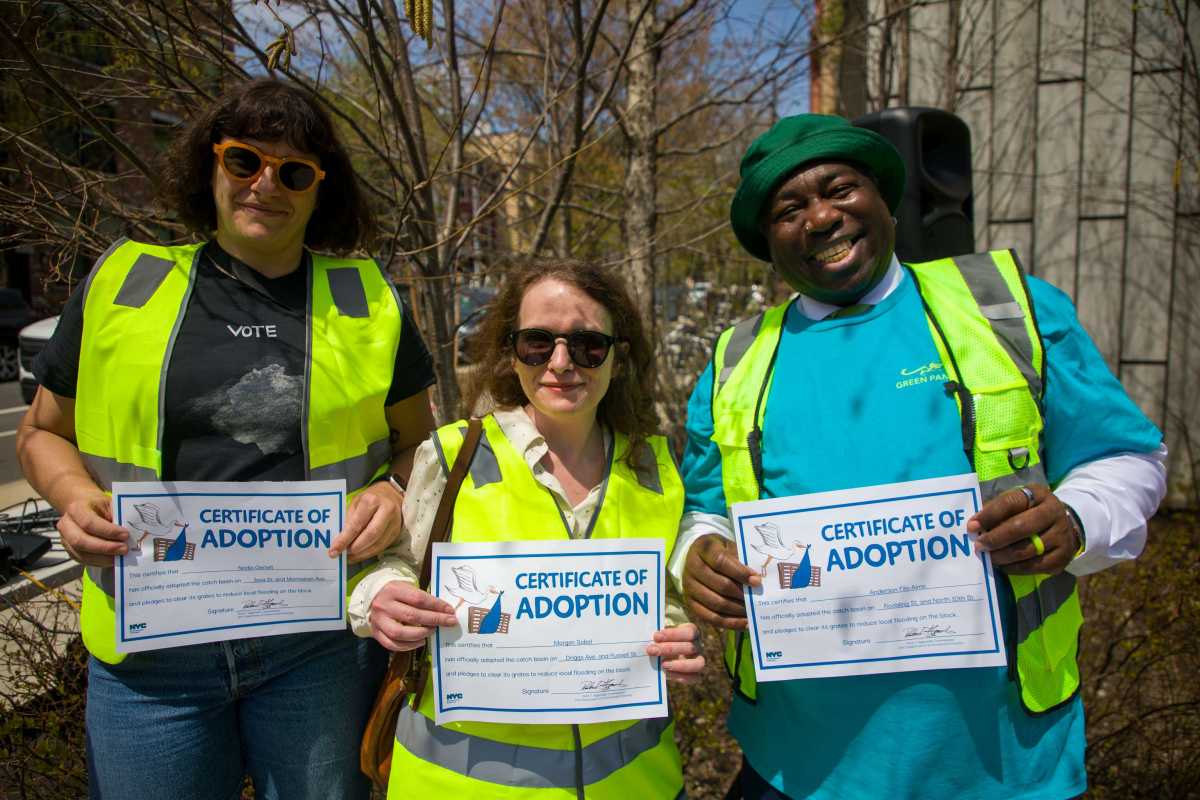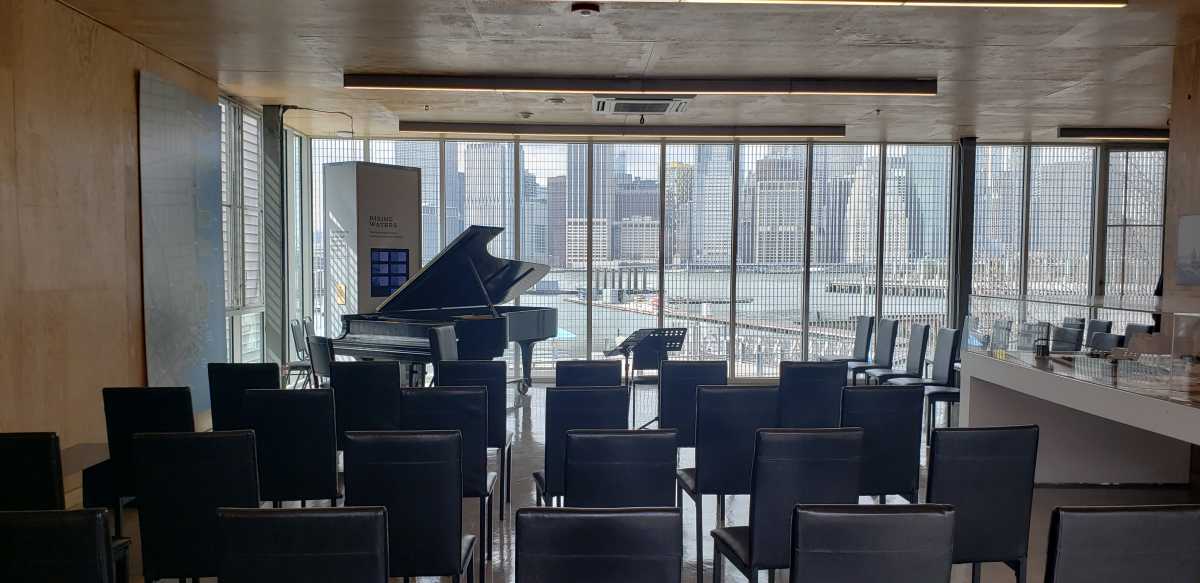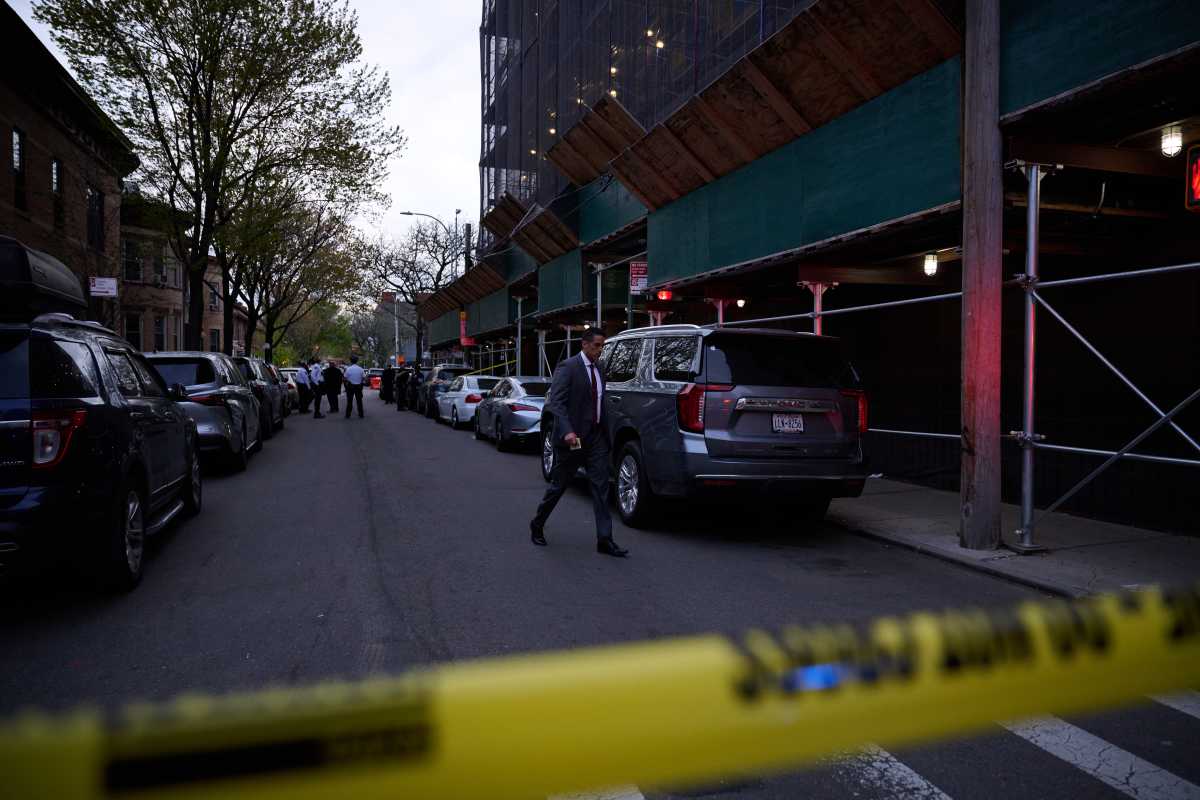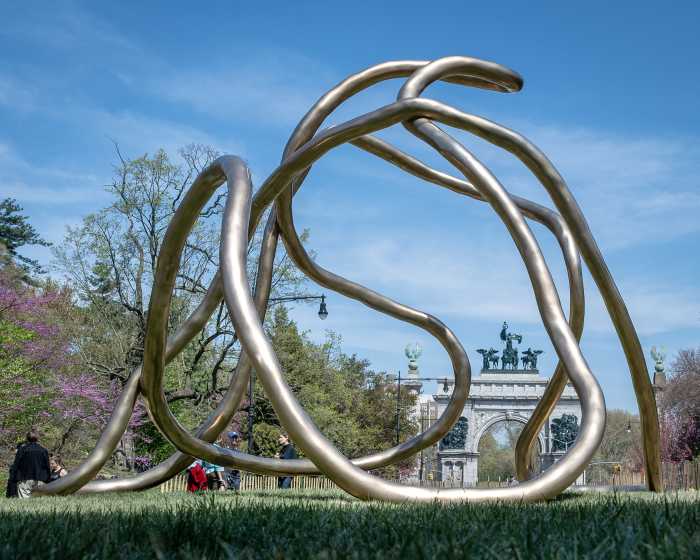
Manhattan residents are clear: It’s time to legalize marijuana in New York.
Residents overwhelmingly backed decriminalization at a listening session held Thursday night by Gov. Andrew Cuomo’s office in lower Manhattan. It was the latest in a series of public hearings organized by the governor’s office to provide advice on different legislative and regulatory approaches to legalization.
A lifelong New Yorker, Kim B., told the panel — made up of experts in public safety, economics and health — that “the plant is for the people,” contending that everyone has to right to live as they wish.
“If you’re going to legalize marijuana, legalize the whole plant,” said Victoria Levin, a medical marijuana patient and California native in New York for her law degree. “Give people the choice to find what inside the plant cures and helps their symptoms.”

In July 2014, Cuomo signed the Compassionate Care Act, which made medical marijuana legal for patients who are certified by medical practitioners as having serious conditions, including cancer, AIDS, severe chronic pain and other ailments.
Despite initially calling marijuana a “gateway drug,” the governor commissioned a study from the state Department of Health that eventually endorsed the recreational use of marijuana in New York State, saying the benefits outweigh risks.
Jason Beck, a Californian and director of Alternative Herbal Health Services, told the panel Thursday that he uses medical marijuana due to his cerebral palsy.
“Marijuana is more than just oils and concentrates,” Beck said. “I consume flowers in California. In New York, I couldn’t do that. If you’re going to legalize it, you must legalize the whole plant.”
Beck also talked about bringing consumption lounges to New York, and endorsed installing greenhouses to cultivate the plants.
“It’s all about quality. If you don’t have quality, you won’t have a quality experience.”
Dr. Joshua Rein, a kidney specialist from Mount Sinai, suggested setting aside dollars for research, saying that he hopes through medical or clinical research to learn how medical marijuana impacts patients on dialysis.
Some who attended raised concerns over what will happen to those who have marijuana-related criminal convictions, should legalization occur.
New Yorker Jordan Rosenthal told the panel that she lived in Washington state when marijuana was legalized and saw firsthand how hard it was for those convicted under outdated laws to transition back into the community. She raised the concern that it could happen in New York, too.
Doug Greene, legislative director of the Empire State National Organization for the Reform of Marijuana Laws (NORML), suggested sealing records of those who have been convicted.
In recent months, New York has taken steps toward addressing the impact of marijuana policing.
The Manhattan district attorney has stopped prosecuting low-level marijuana possession and smoking cases unless there is a sale or a “public safety risk.” Nearly 3,000 outstanding misdemeanor marijuana possessions and smoking cases from the court dockets have been dismissed.
Additionally, a new policy under which New Yorkers caught smoking marijuana publicly would be issued a summons, instead of undergoing arrests, went into effect Sept. 1.
Others who attended worried about the monopolization of marijuana if the plant is legalized.
Ben Liner, of Empire State NORML, suggested that when marijuana is legalized, the state needs to make sure it’s not just big companies that profit.
The series of listening sessions will run through October across New York State, and will be used in drafting legislation that could be introduced in Albany next year.
The next listening sessions in the city include:
- Monday in Queens at the Jamaica Performing Arts Center;
- Tuesday in Brooklyn at the Long Island University Brooklyn Campus;
- Wednesday in Staten Island at the College of Staten Island.
